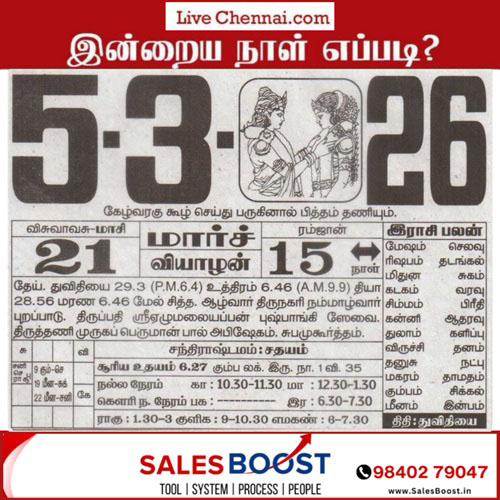EXCITING NEW OPTIONS FROM THE WORLD GOLD COUNCIL FOR AKSHAYA TRITHIYA
Posted on: 03/May/2011 7:25:47 AM - No. of views : (3990)

The World Gold Council, the leading market development organisation for the gold industry, is all set to welcome this Akshaya Trithiya through a series of exciting initiatives.
Akshaya Trithiya, which ranks as one of the most important festivals in the Indian calendar falls on the 6th of May this year. Considered to be one of the most auspicious periods to buy gold, Indians believe that this tradition which has been followed over centuries brings a family prosperity and good fortune.
The year 2010 and the first quarter of 2011 have witnessed record consumptions of gold and with Akshaya Trithiya coming up this is only expected to get better with investors making a beeline for products like medallions, bars, ETFs and jewellery.
Being a time- tested investment asset class gold has helped investors preserve and increase the value of their wealth for years to come. Undoubtedly, gold has donned various roles of being an asset protector, portfolio diversifier and an effective hedge against inflation.
Ajay Mitra, Managing Director, India and Middle East, World Gold Council said, �Gold has been a time- tested secure asset class and for any investor it is one of the best performing assets. Indians have always had an affinity towards gold and with time gold has transformed itself to becoming an integral part of every locker.�
As a part of this extravaganza, the World Gold Council is partnering with its various associates to promote options for consumers to invest in gold.
One of them is India Post wherein 700 post offices across the country are now offering investors exclusive Swiss made gold coins. Consumers who buy a 10 gram gold coin will get a 0.5 grams gold coin absolutely free. Investors at the �Bottom of the Pyramid� will also be able to enjoy the glitter of the yellow metal.
The World Gold Council in association with Muthoot Fincorp from the Muthoot Pappachan Group is organising a promotion for the �Swarna Varsham� gold- linked micro- finance programme. This scheme has been extremely successful in the four South- Indian states of Andhra Pradesh, Karnataka, Tamilnadu and Kerala where it has more than 630 branches.






